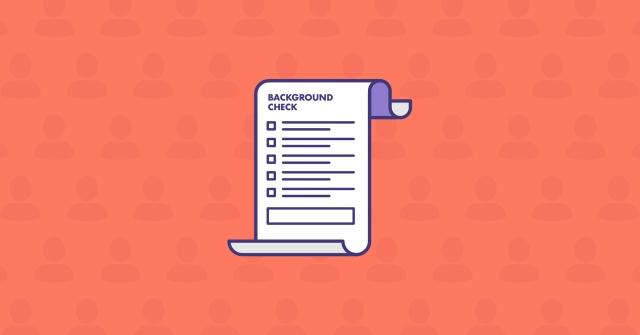For decades, background checks have been an essential part of the hiring process, both in terms of allowing businesses to find the right candidates and to help get a much better idea of someone's general abilities. By taking a "deep dive" into someone's employment history, their education, their criminal records, their credit history, and their reference checks, employers come away with a much more vivid picture of someone's viability as a candidate than a simple job interview could ever accomplish on its own.
Background checks have always been something of a delicate tightrope walk, but things become exponentially more complicated when talking about finding employees on a global scale. International background checks are notoriously complicated and are often difficult to carry out, as each country has its own unique sets of laws to which one must adhere. Likewise, some countries outright prohibit any agencies from obtaining records in the first place, making an already difficult task even more challenging.
But the fact of the matter is that international background checks are certainly not impossible; employers just need to keep a few key things in mind to navigate the inherent complexities.
The Basics of International Background Checks
There's never really a "one size fits all" approach to background checks, but the most important thing for employers to understand is just how literal that idea really is when expanding a business globally.
Japan, for example, is just one example of a country that does not allow background checks are extremely limited. In Japan, it's impossible to conduct criminal checks in the same way as one might in the United States, because both criminal and civil court records are strictly confidential. On the grounds of protection of labor rights, most employment records and other personal data is confidential, too. It's still possible to get all of the same information employers may need, albeit with a much different path than in the United States.
The same is true of similar tasks, like drug testing. Some countries allow the drug testing of applicants with the proper disclosure, but others demand a conditional job offer prior to testing at all.
Concerning Japan, the things that are prohibited and/or permitted only in extremely limited circumstances include checks on someone's criminal records, fingerprinting, research into union membership or political views, and drug and alcohol testing. Elements that are a standard practice in this particular country, however, include research into someone's education and past employment records, conducting a social media and/or Internet search, and a handwriting analysis.
Australia is another example where, generally speaking, drug and alcohol testing is considered rare and is only permitted in limited circumstances. However, health checks and medical screenings, social media and Internet searches, and even criminal records checks are standard practices. Thorough searches of all of these elements would likely turn up the same information; employers are just collecting it in a more roundabout way.
Ultimately, these are situations where employers may not be familiar with local regulations surrounding background checks and drug screenings—especially during a global expansion. There are local providers with whom employers may partner to place them in the best position possible to navigate the complexities of background checks.
Expansion Expertise Could Not Be More Important
If nothing else, the complexities of international background checks highlight the need for partnering with the right organization to bring a necessary level of local expertise to such a fluid (yet important) situation. This type of partner organization can not only help conduct background checks for employees on behalf of employers, but provide insight into what is or is not possible in certain areas.
Any business that is considering a global expansion can benefit from working with an experienced partner to help them adhere to local regulations and establish themselves in their new country. Velocity Global’s suite of global expansion services offers businesses a one-stop shop for everything they need to compliantly take on their new marketplace. Reach out to Velocity Global today to learn more about how we can get you global in a matter of days—no matter where your expansion may lead you.



